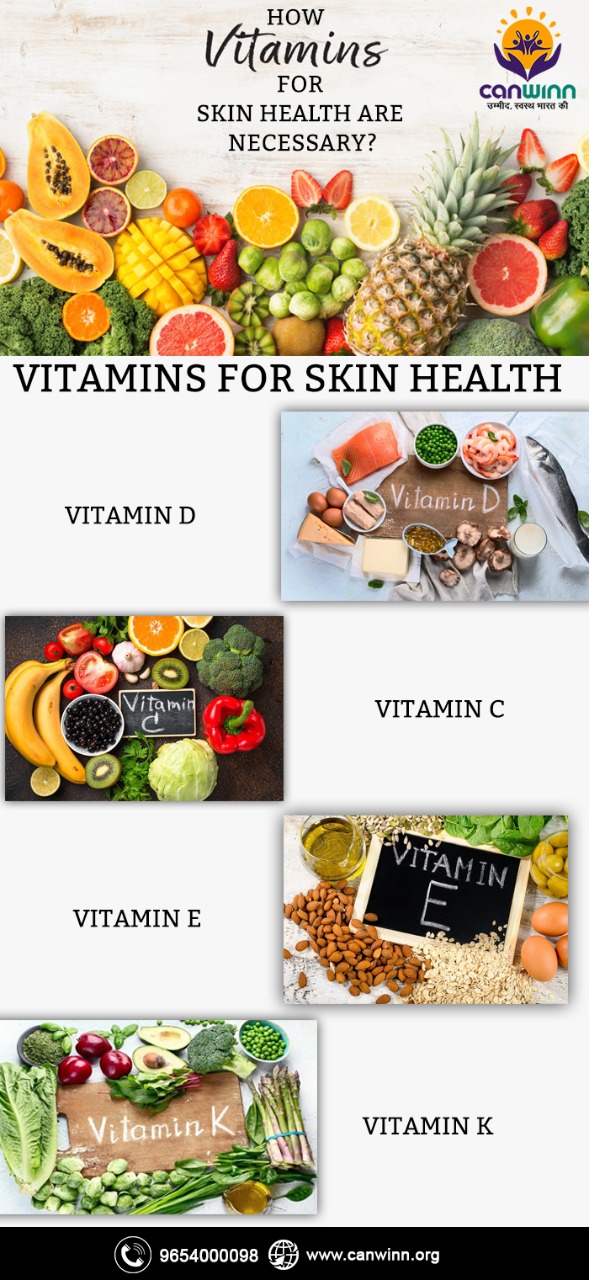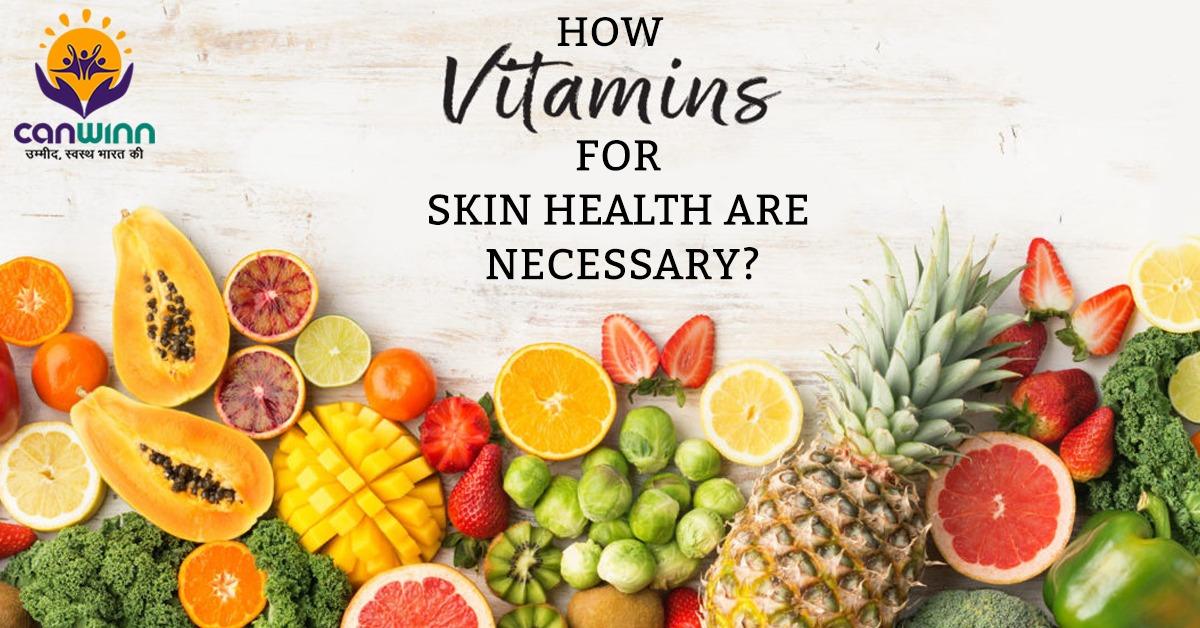The right vitamins are important to maintain healthy skin. The role vitamins play in your diet is astonishing. We all want to have flawless and clear skin. However, it is not possible if you are consuming an unhealthy diet regularly. Moreover, maintaining skin health is an essential piece of a daily schedule. But have you ever wondered, How vitamins for skin health are necessary?
Your appearance depends on that. We will discuss vitamins for skin health and try to implement them in the daily routine.
First of all, the best way to keep your skin healthy is to limit your exposure to the sun’s harmful ultraviolet (UV) rays. However, Vitamin D is also essential for the skin which we can get from the sun but for a limited time.
For healthy skin, along with vitamin D, vitamin C, E, and K are also very important.
Skin Health Can Lead to a Reduction in Skin Problems Like:
- dark spots
- redness
- wrinkles
- rough patches
- excessive dryness
Vitamins for Skin Health
Vitamin D
Mainly, our skin absorbs Vitamin D from the sunlight. In reality, when we get sunlight, the cholesterol in our body gets converted into Vitamin D. Your liver and kidney takes this vitamin D throughout the body in order to form healthy cells. Vitamin D improves skin tone as well as help treat psoriasis. There is a kind of vitamin D known as Calcitriol is something that humans produce naturally.
Moreover, people with psoriasis are recommended to use a topical cream, Calcitriol. It is considered to be effective for the treatment. Experts recommend daily vitamin D intake of 600 IU except for the pregnant woman and people with the above.
If you want to take vitamin D, you have the below options:
- get 10 minutes of sun exposure a day
- eat fortified foods, such as breakfast cereals, orange juice, and yogurt
- eat foods that naturally contain vitamin D, such as salmon, tuna, and cod
Vitamin C
Vitamin C is also considered to be good for skin health. For instance, Vitamin C is present in the outer layer of skin that is called the epidermis and inner layer of skin that is known as the dermis. Vitamin C has antioxidants properties that can fight cancer.
Vitamin C plays a vital role in collagen production that is great to keep your skin healthy. Therefore, this is the reason why every antiaging skincare product contains vitamin C as a key ingredient.
Oral consumption of vitamin C would intensify the effectiveness of sunscreens applied to your skin. Vitamin C aid to decrease cell damage and heal the process of bodily wounds. Vitamin C resists the marks of aging because this vitamin plays a very crucial role in the body’s natural collagen synthesis. Vitamin C has many benefits and contributes to skin repair in many ways.
Some of its benefits include:
- Reduces wrinkles appearance
- Repair and prevent dry skin
- Promotes good complexion
Intake of 1,000 Mg Vitamin C in Your Daily Diet Is Enough.
If You Want to Take Vitamin C, You Have the Below Options:
- Consume citrus foods, such as oranges
- Consume other sources of vitamin C like strawberries, broccoli, and spinach
- Drink orange juice
- take supplements, as recommended by a doctor
- For dryness, redness, wrinkles, and age spots, use antiaging skin treatments
Vitamin E
Vitamin E is also an antioxidant. Mainly, this vitamin protects your skin from sun damage. When we apply vitamin E, it absorbs the harmful UV rays.
Generally, our body naturally produces vitamin E through sebum. This sebum is an oily substance that gets secreted from the skin pores. Moreover, sebum can prevent dryness and maintain a healthy skin condition.
If You Want to Take Vitamin E, You Have the Below Options:
- eat more nuts and seeds, such as almonds, hazelnuts, and sunflower seeds
- take a multivitamin or separate vitamin E supplement
- use topical products that contain both vitamin E and vitamin C
Vitamin K
Vitamin K is considered to be supportive in the process of blood clotting. Blood clotting helps to heal wounds, bruises, and areas affected by surgery. Vitamin K also helps with some skin conditions like:
- stretch marks
- spider veins
- scars
- dark spots
- stubborn circles under your eyes
If You Want to Take Vitamin E, You Have the Below Options:
- kale
- spinach
- lettuce
- cabbage
- green beans
Talk to your doctor
If you are looking to take any supplements, you should consult your doctor first. Taking supplements is not always a good idea and you should never take any without getting professional help.
Above all, you can always connect with Canwinn Foundation for any query!



